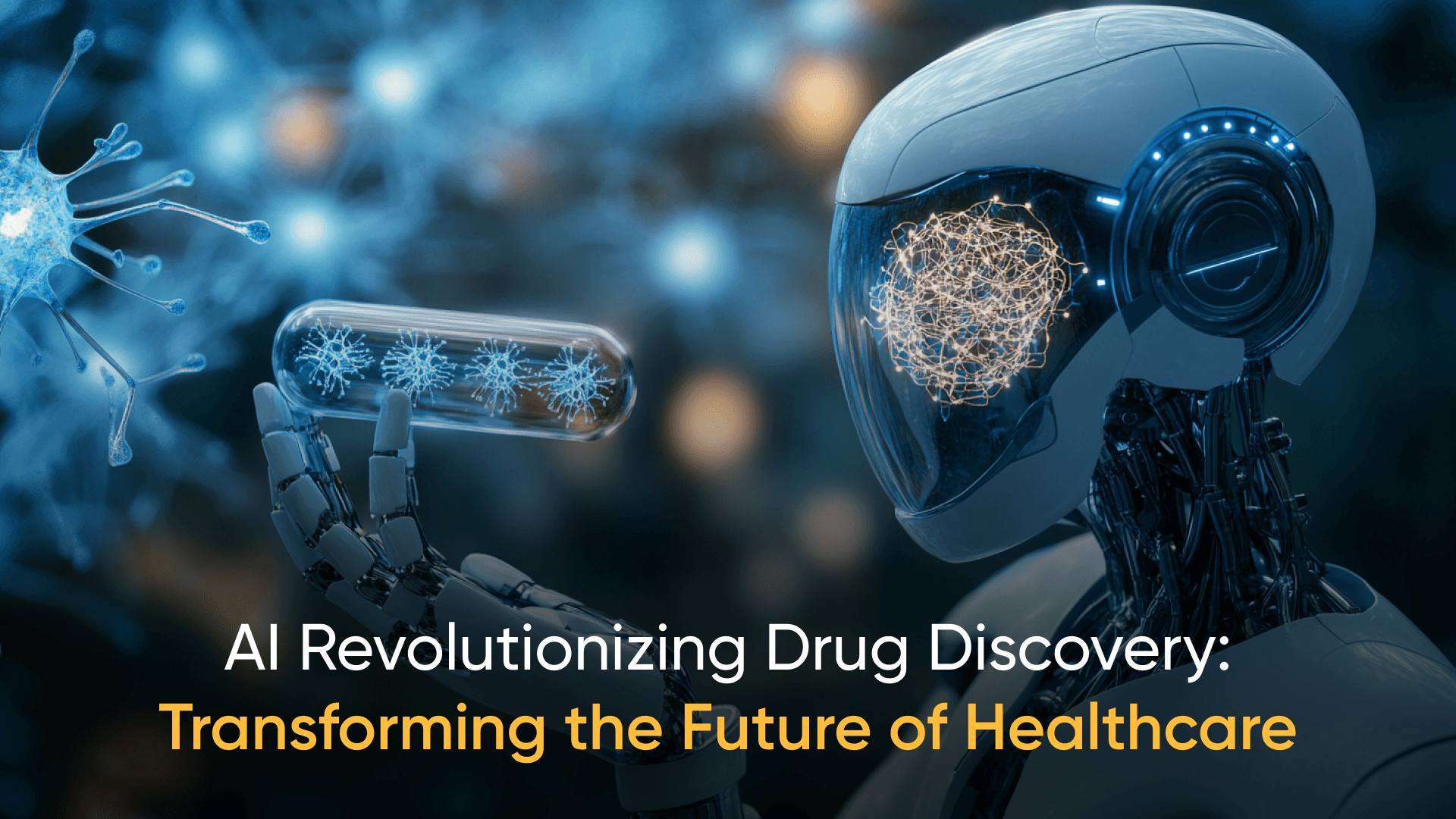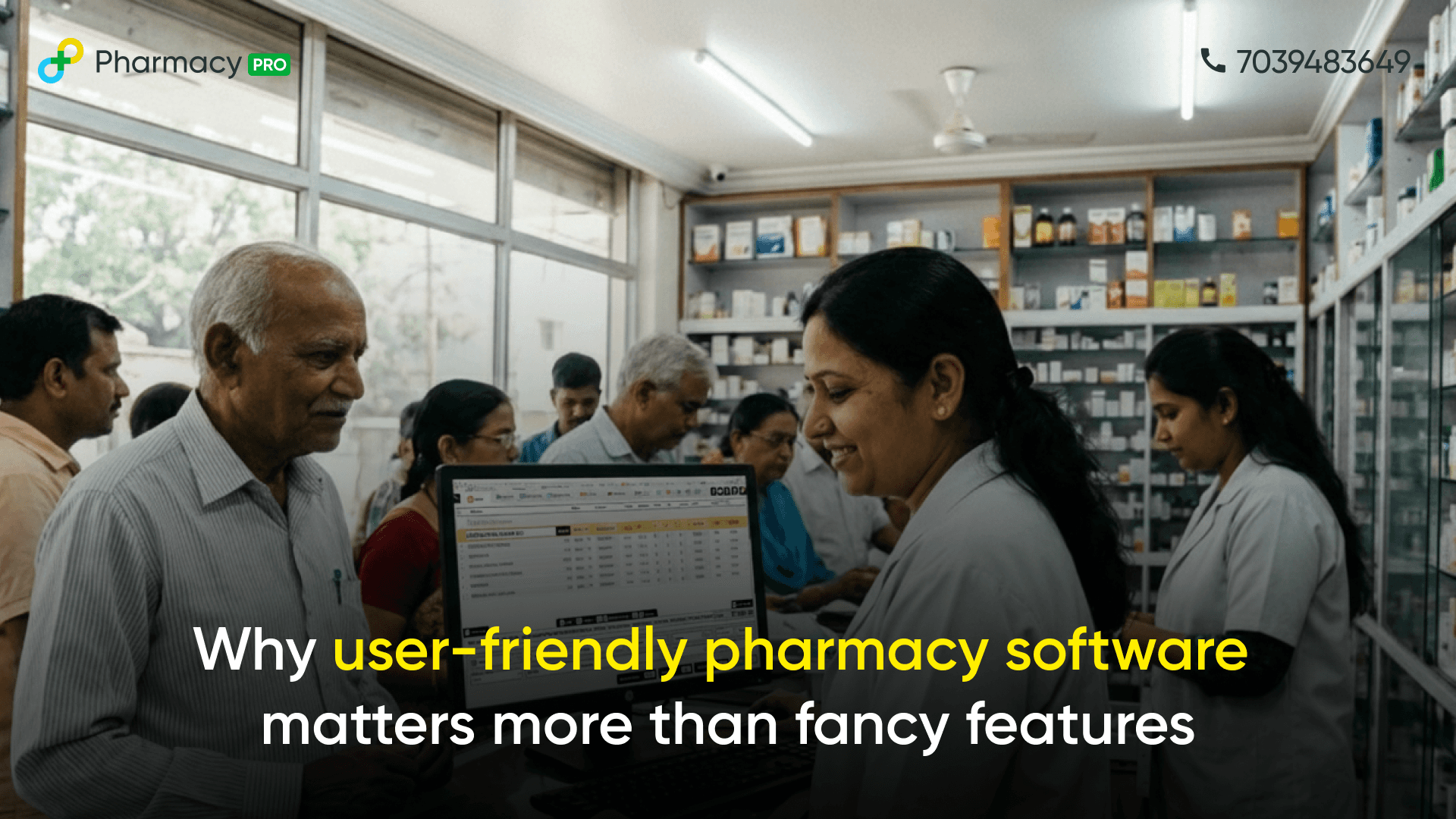Drug discovery has always been slow and expensive, often taking more than a decade and over $2 billion to bring a single drug to market. But now, Artificial Intelligence (AI) is changing the game. By using machine learning algorithms and analyzing massive biomedical datasets, AI is helping us discover and develop new treatments faster, cheaper, and more effectively.
AI’s Rapid Growth in Drug Discovery
The AI-driven drug discovery market is set to grow from $1.86 billion in 2024 to $6.89 billion by 2029, with a CAGR of 29.9%. North America holds a 59.3% market share due to strong healthcare investments, while Asia-Pacific (especially India) is rising fast, expecting a 32.1% CAGR by 2027.
Globally, nearly 350 companies are diving into this space, with $9 billion in funding so far. This isn’t just a trend—it’s a clear sign of AI’s potential in revolutionizing medicine.
Real-World Success Stories
AI is already making waves:
DSP-1181, an AI-designed OCD drug, reached clinical trials in under a year.
Regeneron's Evinacumab was discovered using AI to treat rare genetic disorders.

Pembrolizumab (Keytruda), a blockbuster cancer drug, was developed with AI and has transformed treatments for melanoma and lung cancer.
These breakthroughs show how AI is speeding up drug discovery and improving precision.
India’s Growing Influence in AI-Driven Drug Discovery
India is emerging as a global leader in this space, thanks to its booming pharma industry and tech expertise. Companies like Cellix Bio are tackling neurological and metabolic diseases, while MoleculeAI and SilicoScientia are pushing innovative AI applications.
Government support is giving this growth an extra boost:
Patent (Amendment) Rules 2024 and Phase 3 clinical trial waivers are simplifying market entry.
TEPA agreements with EFTA nations are fostering international collaboration.
AIIMS’ INR 3,000 million investment aims to strengthen digital healthcare infrastructure.

Challenges on the Horizon
Despite the progress, challenges remain:
Limited access to proprietary data makes it tough to train AI models.
Generative AI struggles to create truly novel drug molecules.
Reproducibility issues persist, with companies like Bayer reporting only 33% reproducibility in key studies.
Many AI-driven companies are still in early stages, with just 15% having preclinical pipelines due to overspending on tech and underinvesting in drug development.
What’s Next: Trends to Watch
AI companies are shifting focus to specialized areas like RNA therapies and gene editing. They’re integrating multimodal models with generative AI to create more relevant data.
Innovators like Nable Bio and Dyno Therapeutics are advancing antibody design and AAV vector optimization. Strategic partnerships are also key—for instance, Recursion and Exscientia are working together to accelerate small-molecule drug discovery, aiming for 10 clinical trials in 18 months.
Building the Future AI Ecosystem
For AI to fully revolutionize drug discovery, key areas need attention:
Data Sharing & Privacy: Balancing open data sharing with proprietary protection is critical.
Regulatory Adaptation: Agencies like the FDA and EMA are starting to adapt to AI’s role in drug development.

Tech Integration: Tools like digital twins and lab automation will bridge the gap between AI predictions and clinical realities.
AI’s Role in the Future of Drug Discovery
AI isn’t just a futuristic idea—it’s already transforming drug discovery. As AI continues to evolve, it will lead to faster, more efficient, and personalized treatments. With venture capital pouring into areas like predictive toxicology and rare disease treatments, we’re on the verge of a healthcare revolution.
The big question isn’t if AI will dominate drug discovery—it’s when. And at the rate things are moving, that future is just around the corner.



